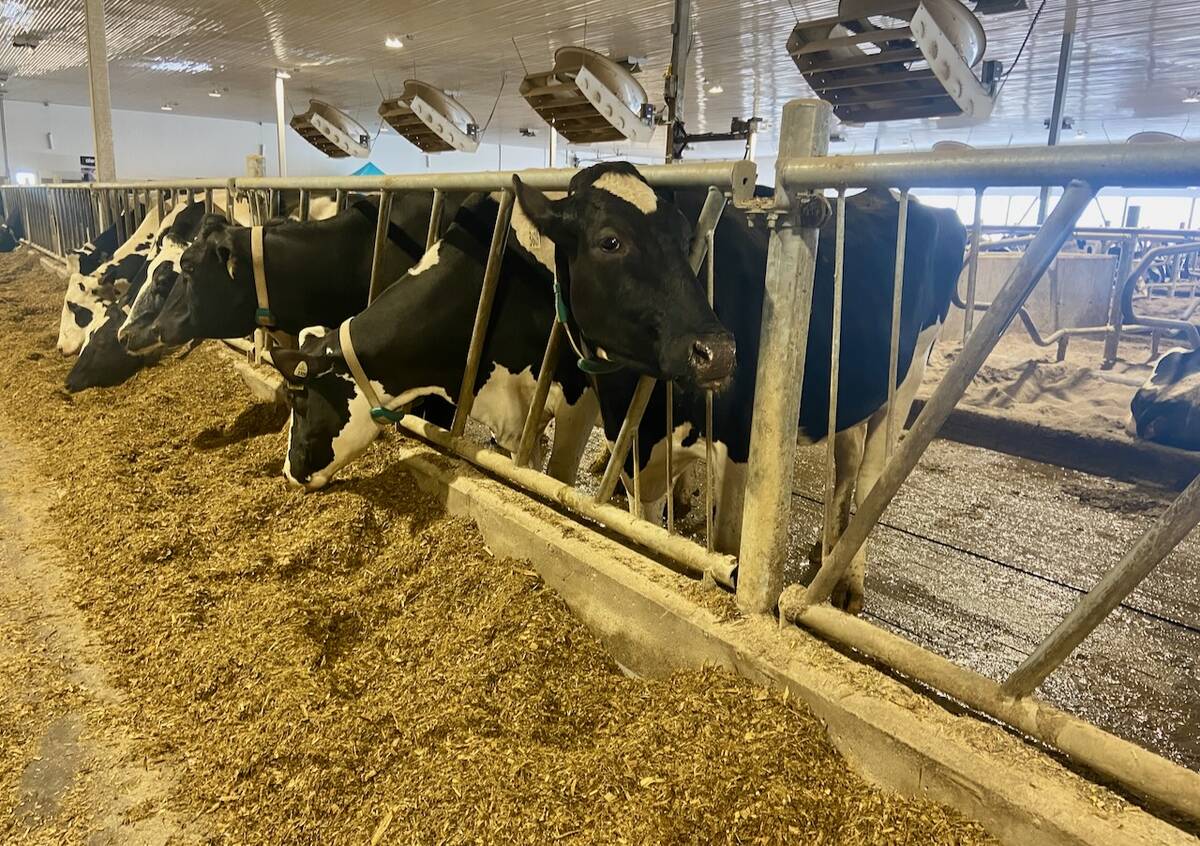Barring a political earthquake, Alberta’s governing Progressive Conservative party under premier Ralph Klein is expected to roll back into office in the upcoming provincial election with as much support as it has heading into the vote.
The Tories now hold 74 of the 83 seats. The Liberals have five, NDP two and the Alberta Alliance one.
It’s Klein’s fourth election and he said it will be his last. He will likely retire after the province’s 100th anniversary celebrations next year. Klein doesn’t need to call an election until 2006.
Read Also

U.S. farm group supports supply management
U.S. grassroots farm advocacy group pushing new agriculture legislation that would move towards supply management like Canada has for dairy industry
With no provincial debt and the price of oil hovering at $50 a barrel, Alberta’s oil and gas-based economy is booming, especially along the Highway 2 corridor between Edmonton and Calgary.
During his election announcement on Oct. 25 Klein said now that the province is debt free, it’s time to ask Albertans for a mandate for the future.
“Our focus for this election is on working to make Alberta’s second century, which begins next year, as successful and as positive as its first century has been,” said Klein when announcing the voting date has been set for Nov. 22.
David Taras, a University of Calgary professor, said even rural Albertans, hard hit by poor crops and BSE, will likely re-elect the PC candidates in their ridings.
“We know that there will be a Tory landslide in rural areas, but there’s real indicators that the level of misery and suffering and economic distress in rural Alberta is as high as it’s been in 25 or 30 years,” said Taras, who added that generally, poor economic times produce political discontent.
It was 1971 when Albertans replaced the Social Credit party with the Progressive Conservatives, who have been in power ever since.
There is little evidence of political discontent in rural Alberta for the Klein Conservatives despite the economic disparity between rural and urban areas of the province.
“Riding after riding after riding will produce very sizable majorities for the Tories,” predicted Taras, who doubts even the newly formed Alberta Alliance will be able to pull off a seat in central Alberta where its support is strongest.
At best, the right-wing Alberta Alliance will place a strong second, with possibly a win in one or two ridings.
Alliance leader Randy Thorsteinson ran as the leader of the Alberta Social Credit in the 1993 and 1997 provincial elections. This year, the Alliance hired a group of Republicans from the United States to help run the campaign. Before the election they launched their campaign slogan “I blame Ralph.”
“We don’t intend to let Klein and the Tories hide their lacklustre record on health care, education and equalization behind fancy billboards. We intend to bring these issues to the forefront and give voters a real choice on election day,” said Thorsteinson, referring to the large billboards with Klein and the slogan “Proud to be Alberta.”
Liberal leader Kevin Taft and New Democratic Party leader Brian Mason also plan to hold Klein accountable for his record.
“People are kind of disgusted with the antics of the premier and the failure of the government to deal with the critical issues,” said Mason. He added that health care and education would be key election issues.
The Green Party, Social Credit and Communist party are also running candidates.














